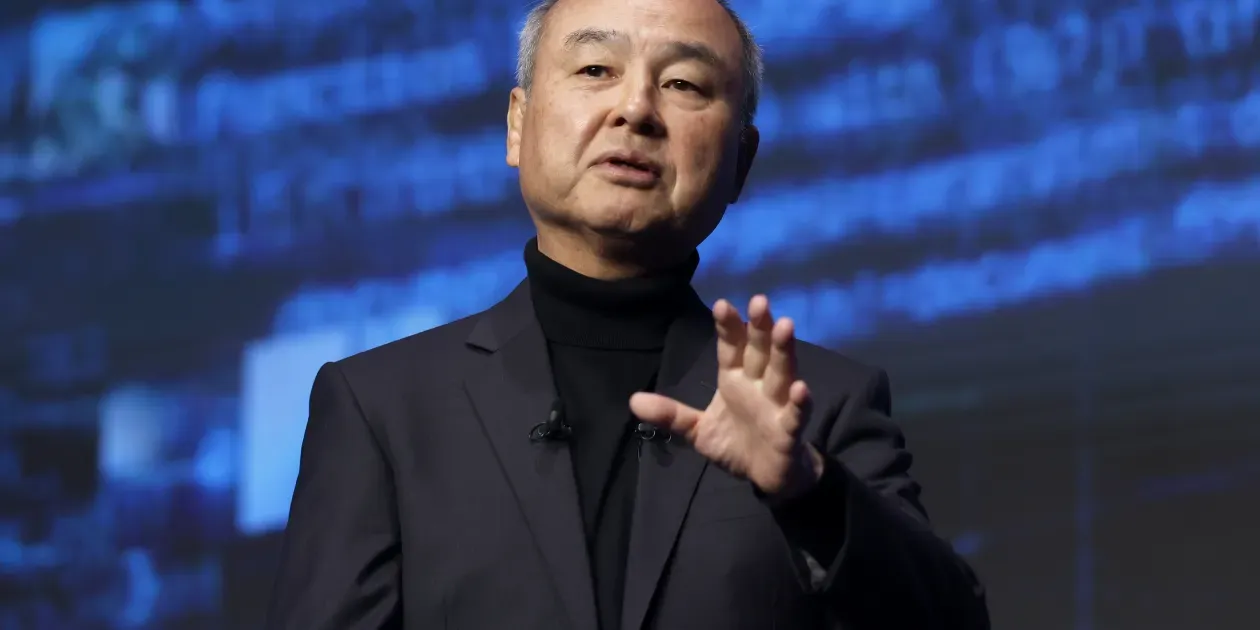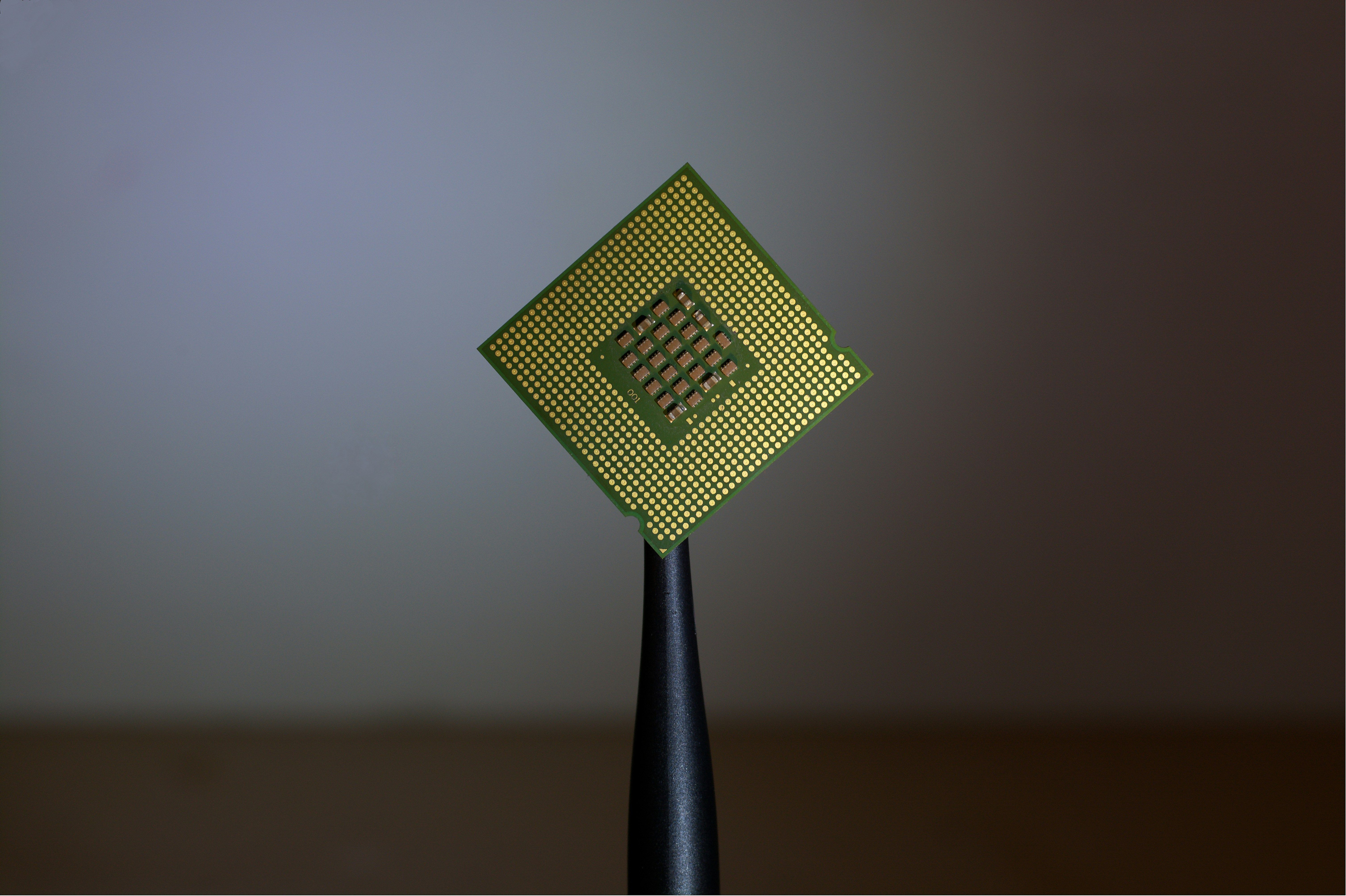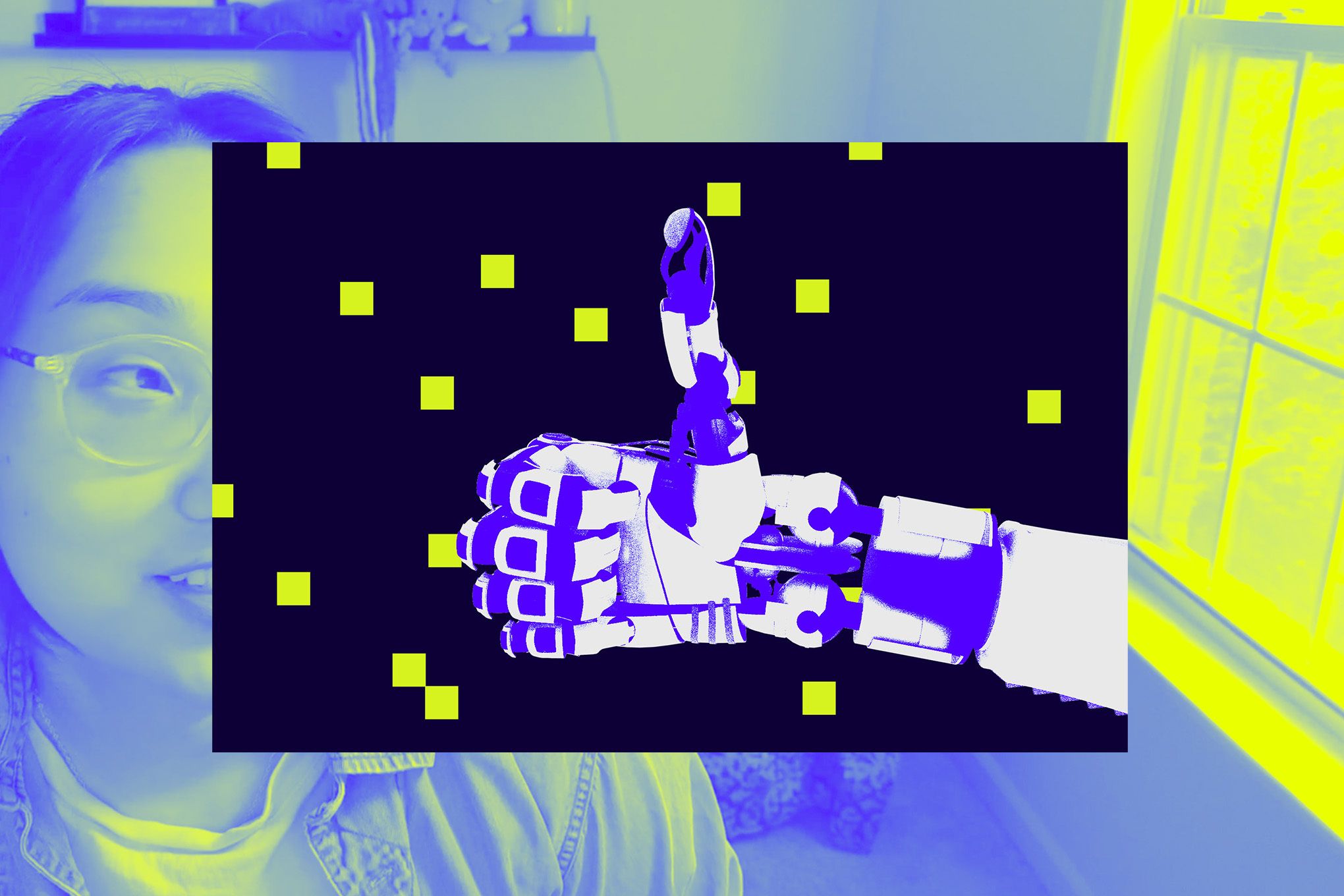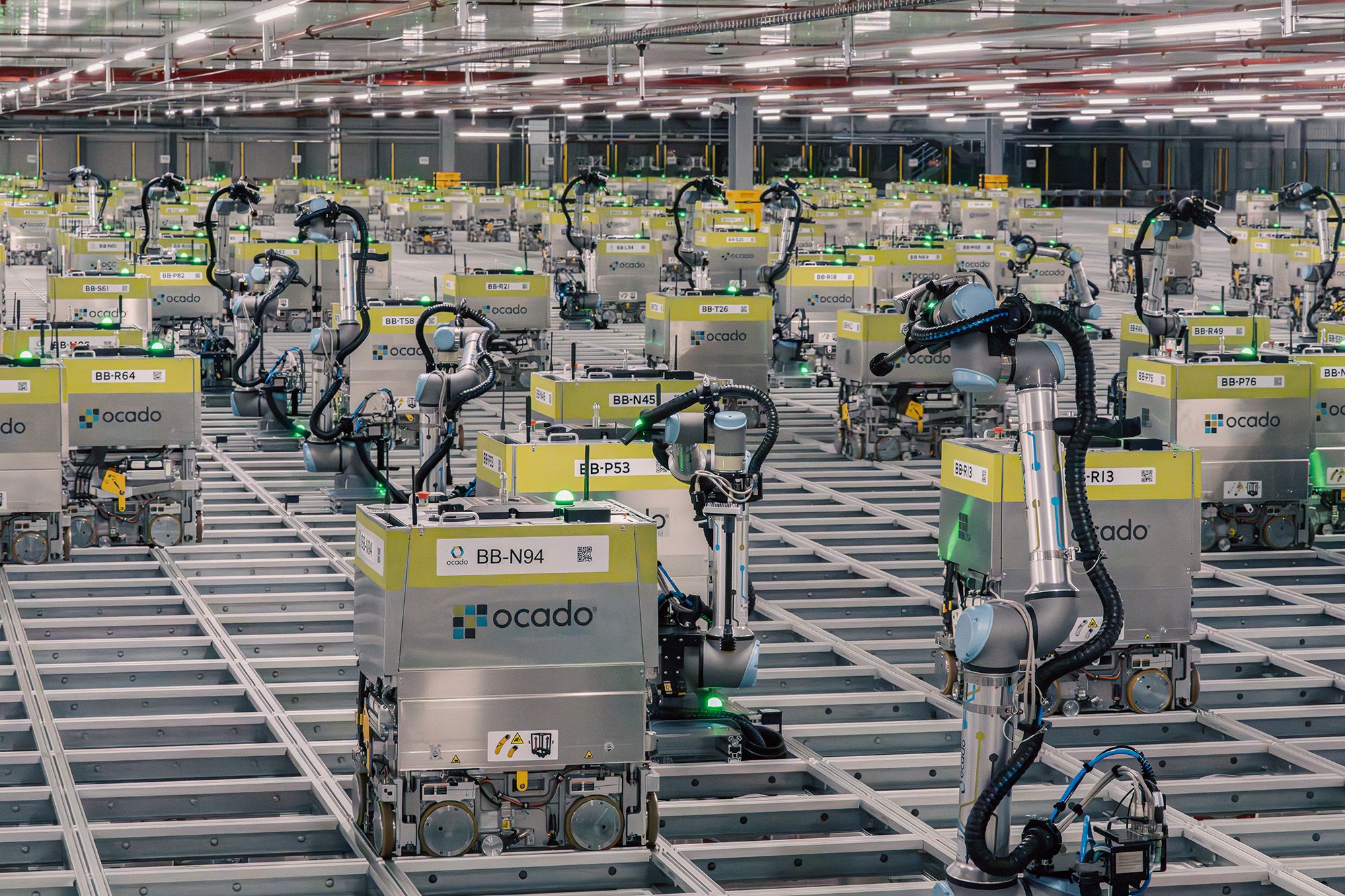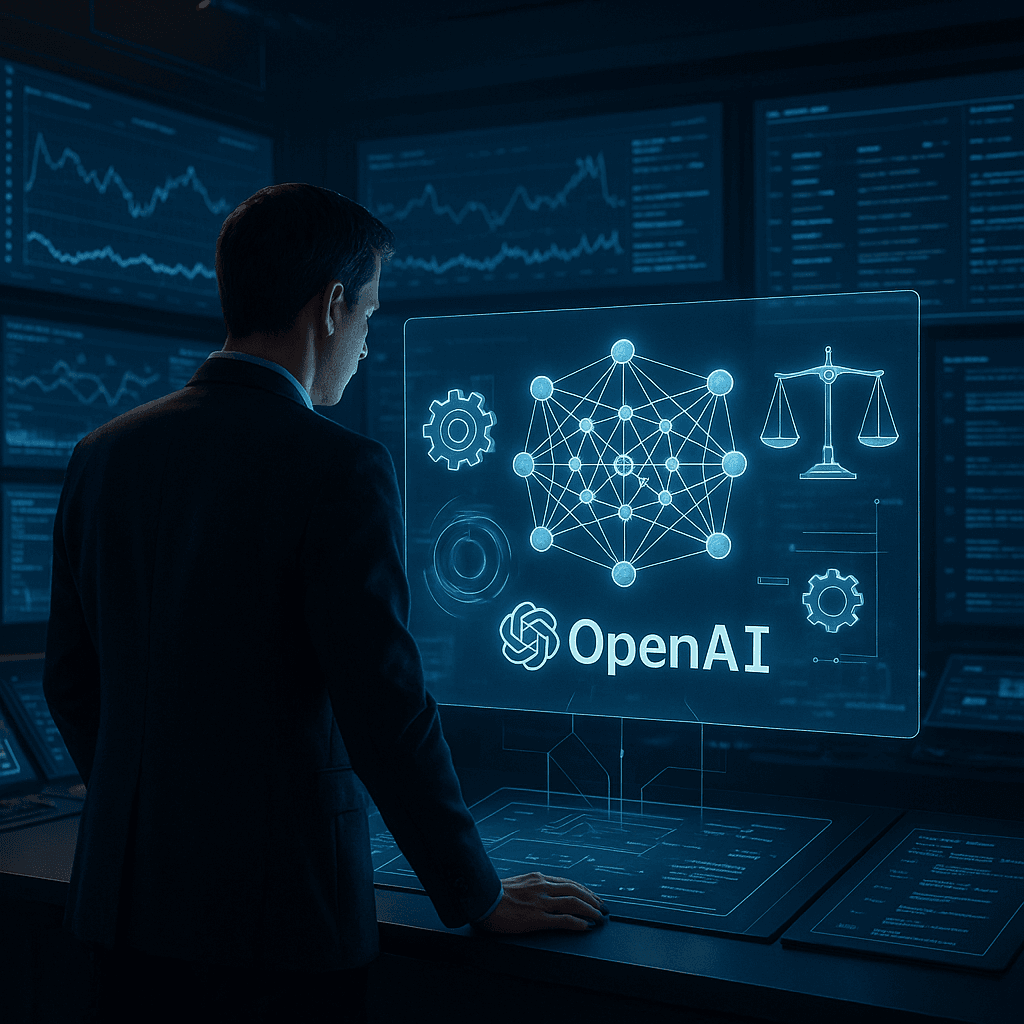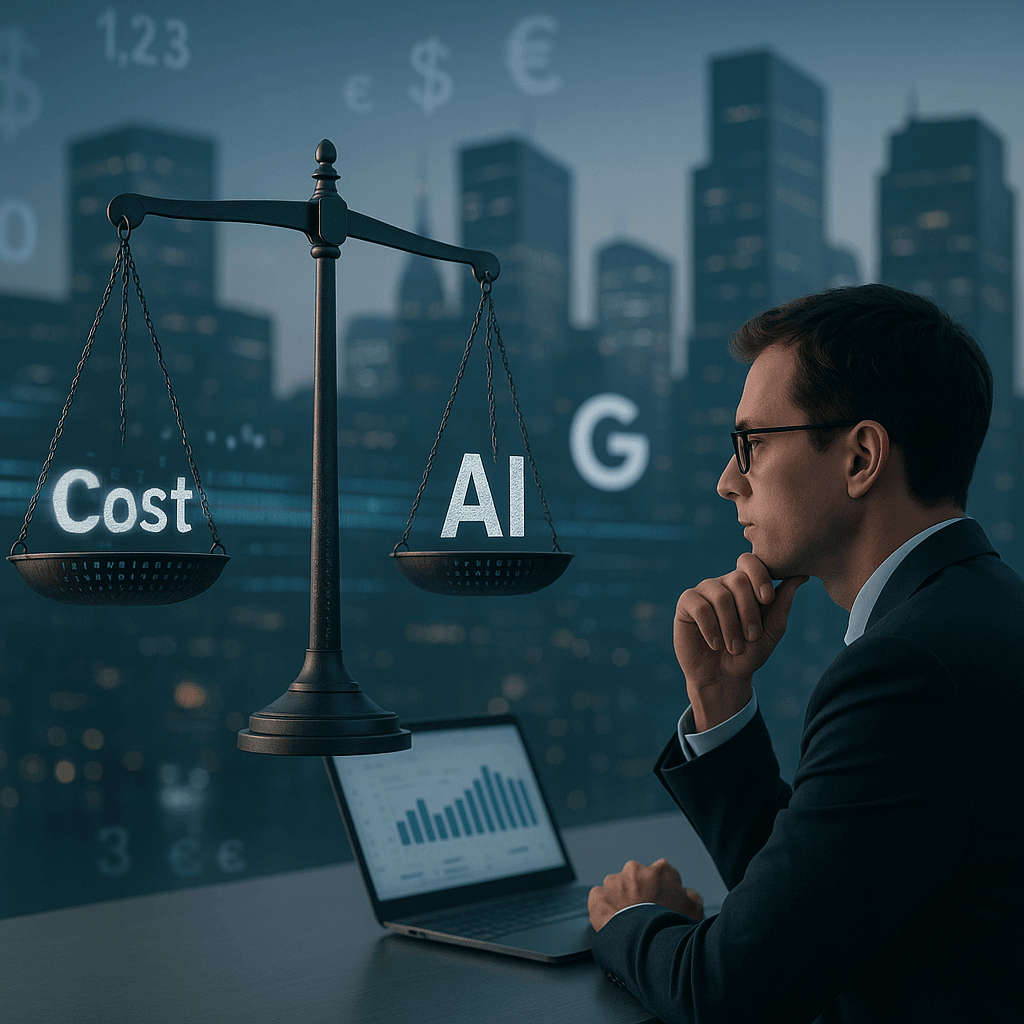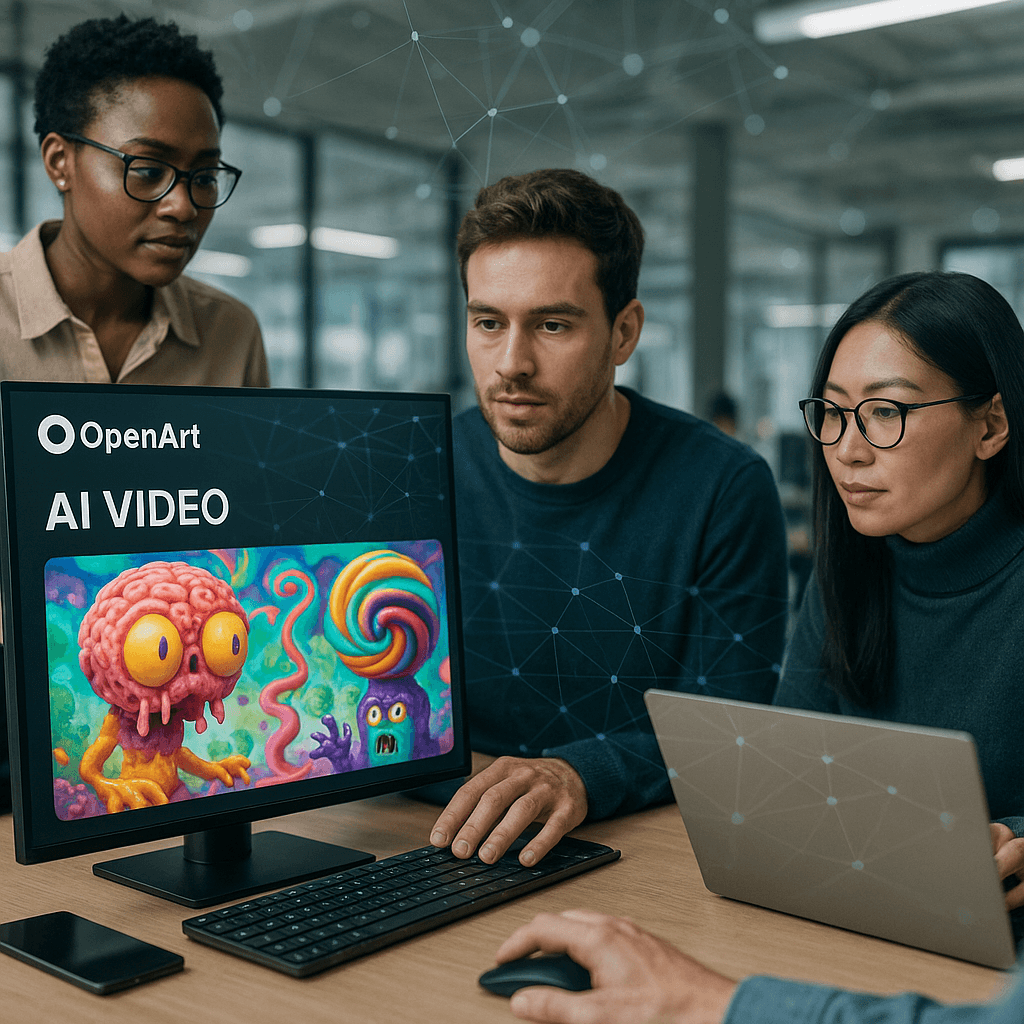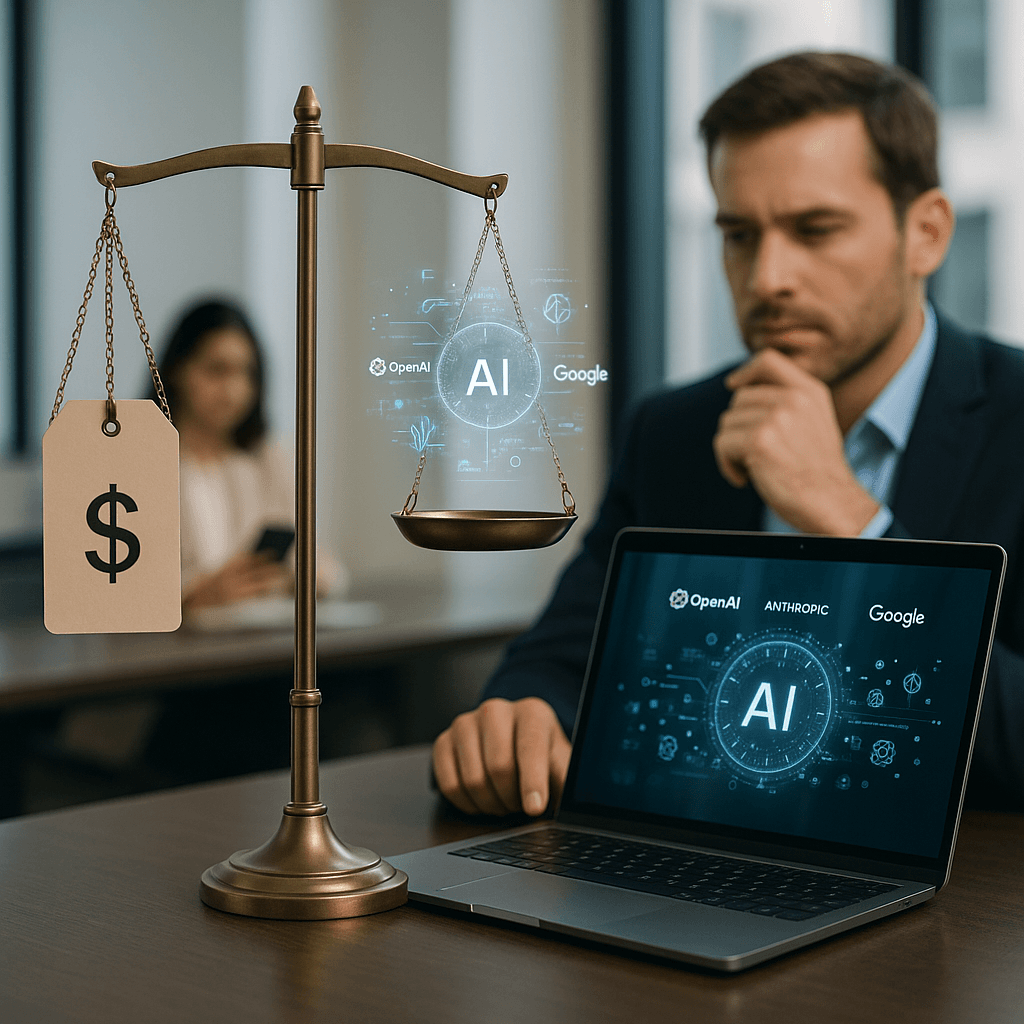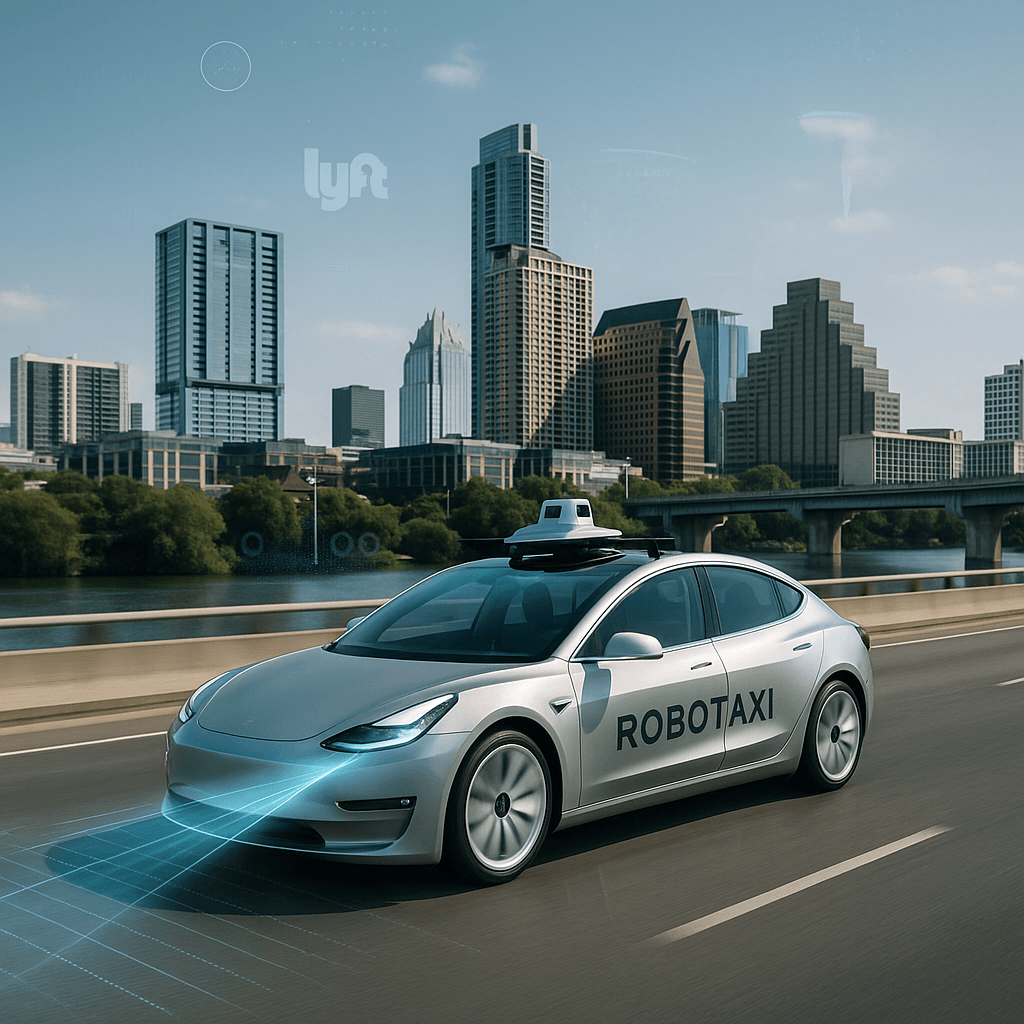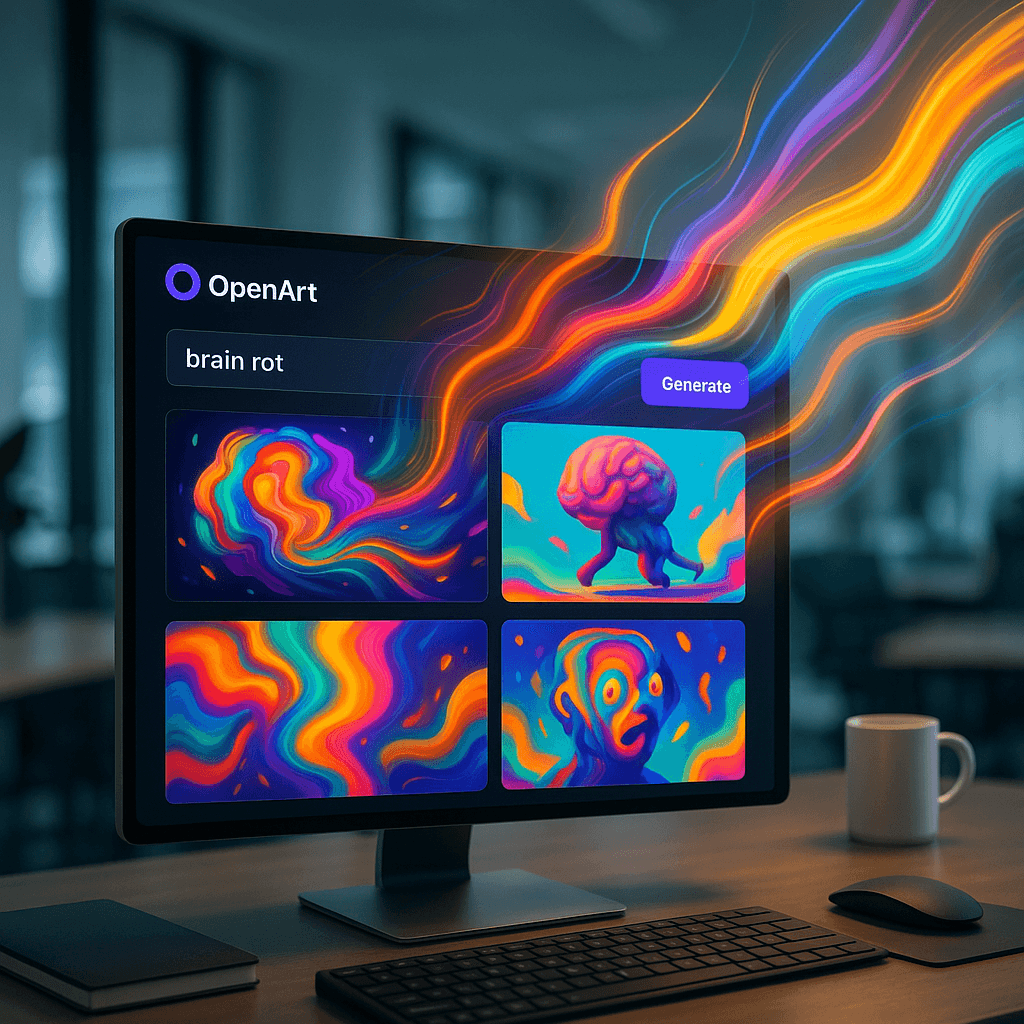TL;DR:
• SoftBank founder Son bets company future on AI after decade of strategic planning
• Controls majority stake in Arm Holdings while pouring billions into OpenAI
• Move positions SoftBank at center of AI infrastructure and applications boom
• Success or failure could determine fate of $100+ billion investment empire
SoftBank founder Masayoshi Son is making his biggest bet yet, staking the Japanese conglomerate's entire future on artificial intelligence through blockbuster investments in OpenAI and strategic control of chip designer Arm. The audacious pivot represents the culmination of Son's decade-long AI vision that could either cement SoftBank as the kingmaker of the AI revolution or catastrophically backfire for the $100 billion investment giant.
SoftBank just went all-in on artificial intelligence, and the stakes couldn't be higher. Founder Masayoshi Son's latest strategic pivot represents more than just another big bet – it's a fundamental rewiring of the $100 billion Japanese conglomerate around AI that's been quietly brewing for over a decade.
The timing couldn't be more critical. As OpenAI continues its meteoric rise and AI infrastructure demands explode, Son has positioned SoftBank uniquely at both ends of the AI value chain. The company maintains majority control of Arm Holdings, the chip designer powering everything from smartphones to data centers, while simultaneously pouring billions into OpenAI and other AI startups through its Vision Fund.
According to former SoftBank executives familiar with Son's thinking, this AI focus isn't opportunistic – it's the logical endpoint of strategic planning that began over a decade ago. "Masa has been talking about the singularity and artificial general intelligence since at least 2010," one former Vision Fund partner told CNBC. "This isn't a pivot. It's the master plan finally coming together."
The numbers tell the story of Son's conviction. SoftBank's recent financial filings show the company has invested approximately $6.6 billion in OpenAI across multiple funding rounds, making it one of the AI leader's largest backers behind . Meanwhile, market capitalization has soared past $150 billion as investors recognize its critical role in AI chip architecture.
